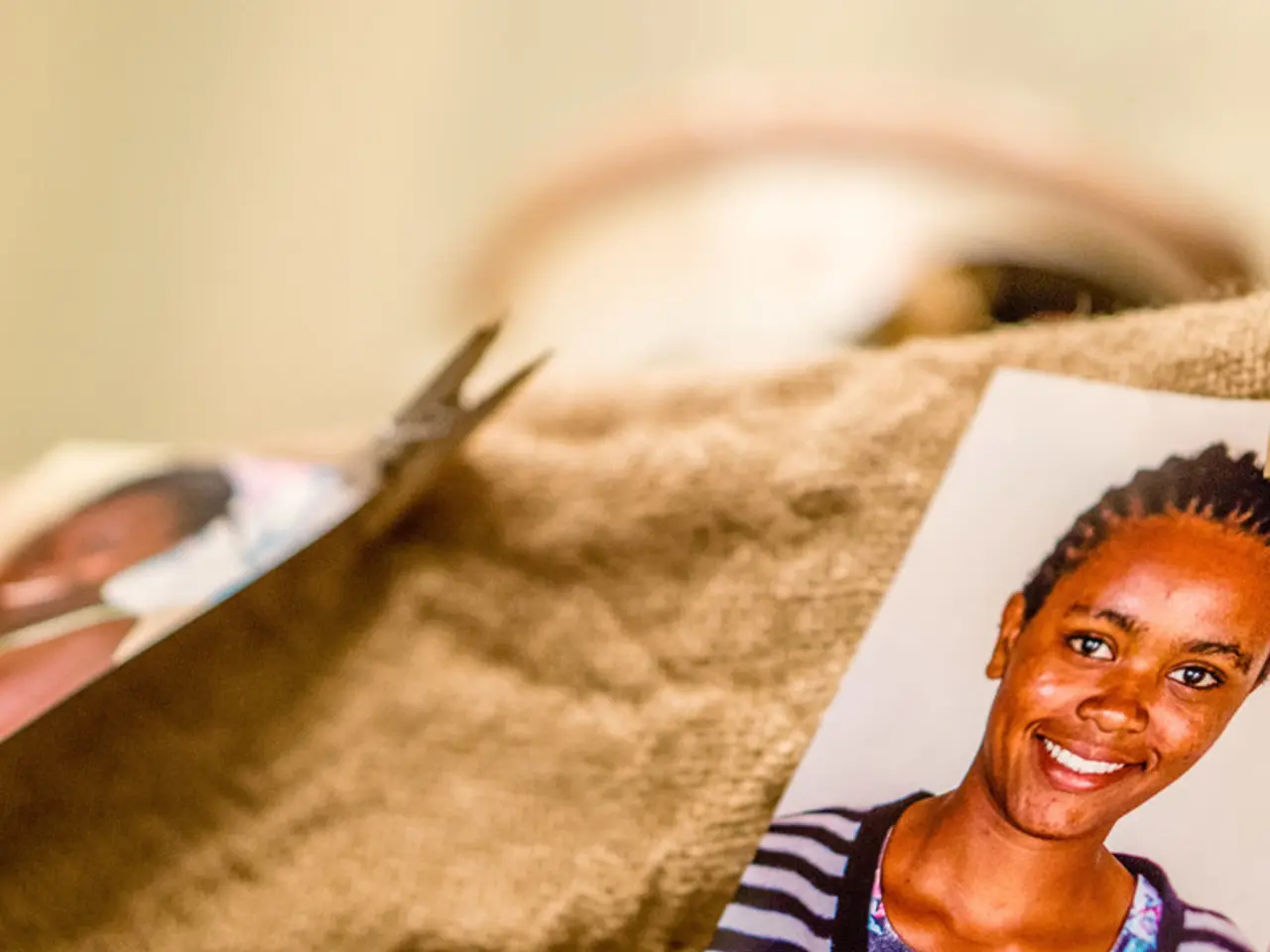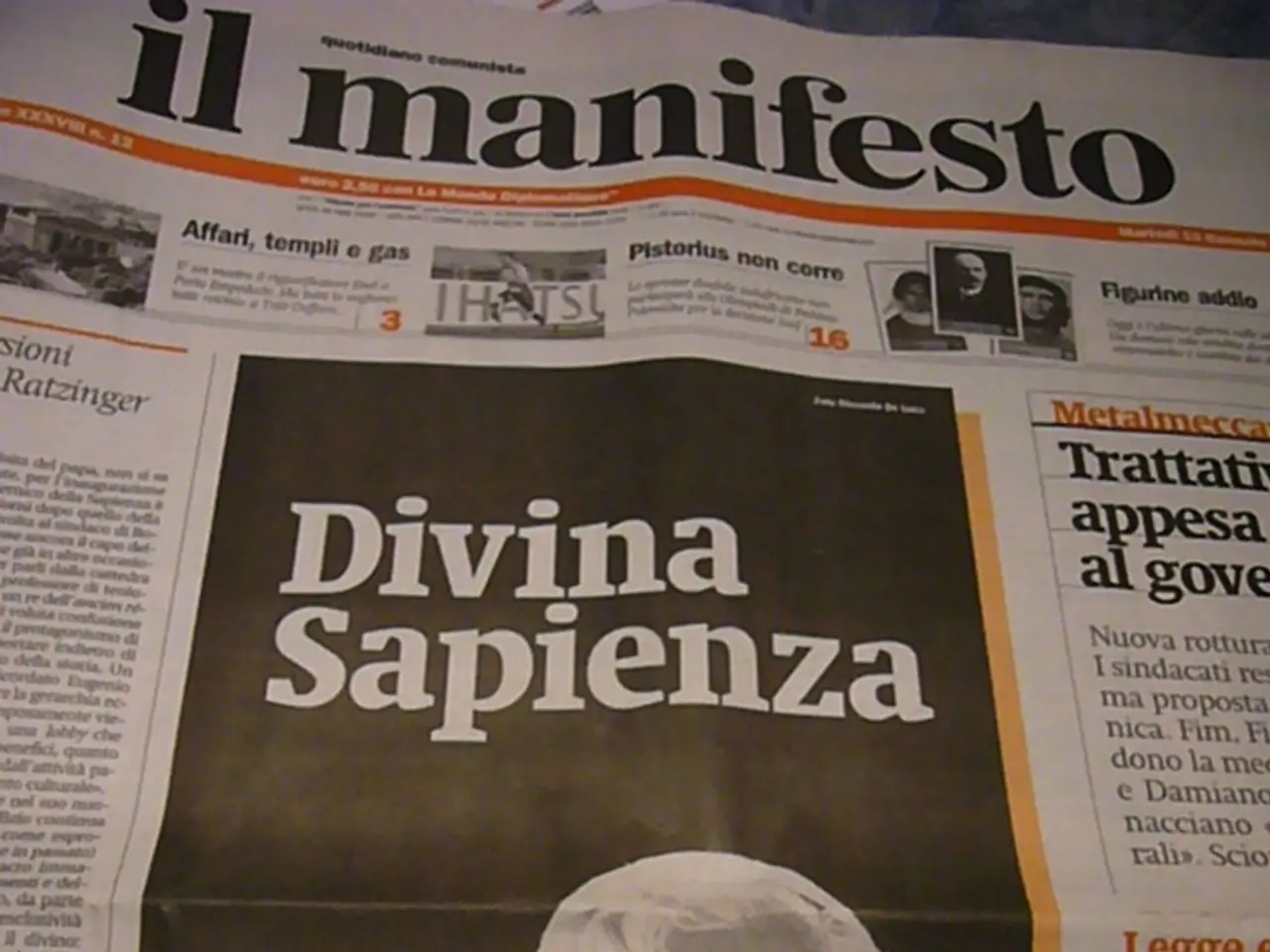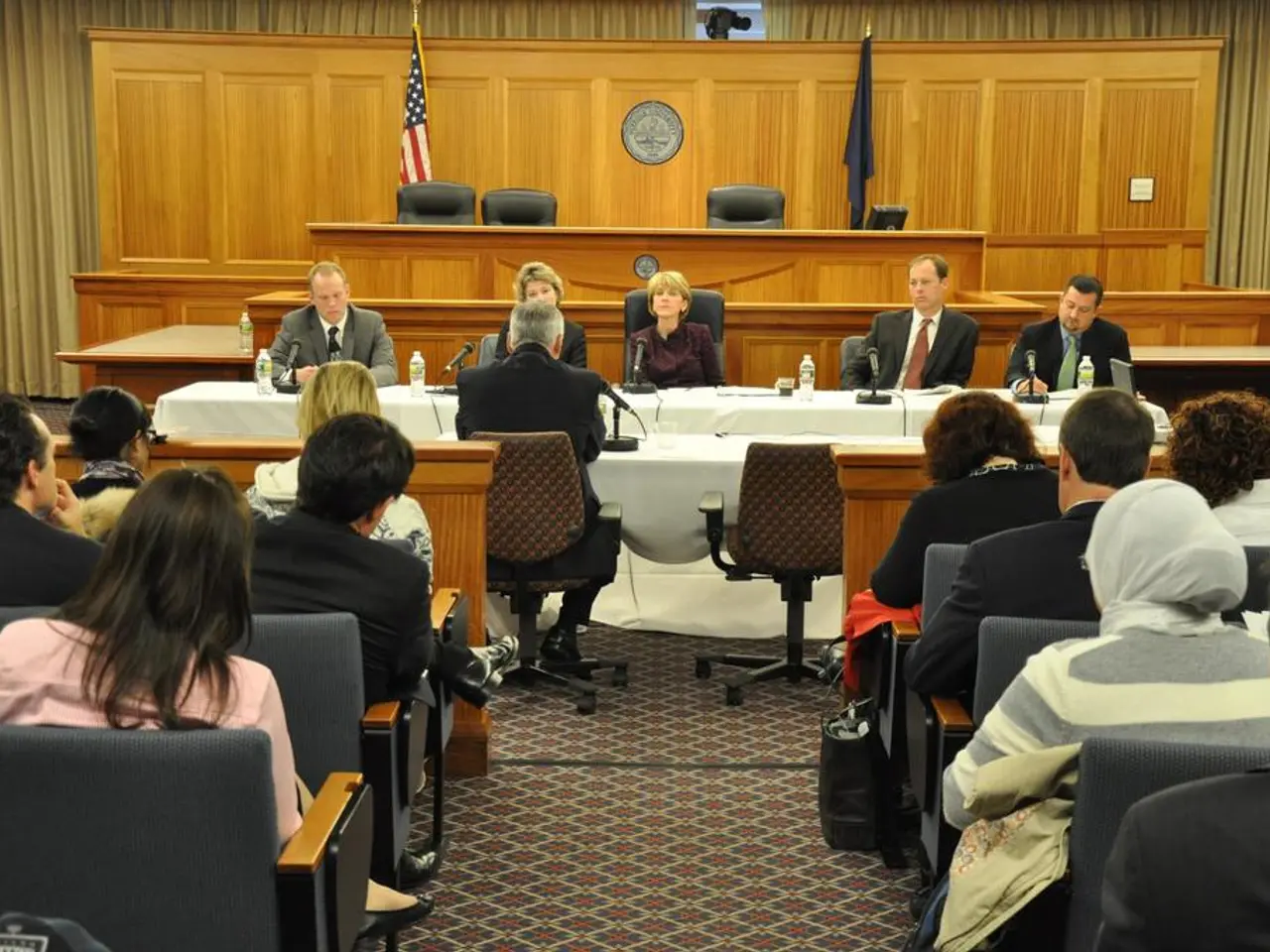Redesign of the Olympic host selection process reviewed by Coventry International Olympic Committee
New Take on IOC President Kirsty Coventry's Overhaul of Olympic Host Cities Selection
Stepping into her new role as IOC President, Kirsty Coventry has set the ball rolling with a comprehensive review of the process for picking host cities for the Summer and Winter Olympics. During her inaugural Executive Committee meeting in Lausanne, she established two working groups to dive into this revamp. These changes, initiated in June 2025, could potentially impact Germany's future applications for the Summer Games in 2036, 2040, or 2044.
Coventry's proposal for a review received widespread backing from IOC members, with a strong emphasis on increased engagement and a more transparent decision-making process. Previous leader Thomas Bach's reforms shifted the process away from open competition and towards a more controlled, behind-the-scenes approach where candidates were vetted early and then given a stamp of approval.
Coventry's working groups address two crucial aspects: improving the process for electing Olympics hosts and enhancing protection for the women's category. The reform is aimed at bridging the gap between the desire for transparency from IOC members and the execution of the current system. The new approach considers elements such as the timing of host announcements.
The current system has seen unusually early selections for events like the Los Angeles 2028 and Brisbane 2032 Games, which were awarded 11 years in advance. This has raised issues regarding sponsorship sales and maintaining organizing committees over extended timeframes. Recent selections, such as the French Alps 2030 Winter Games, have been made with shorter notice.
Under Coventry's review, the accelerated bidding process for the 2036 Olympics host city has been paused, marking a departure from the expedited selections favored under Bach's presidency. Germany's proposed bids, like the potential bids for the 2036 Games or beyond, will be affected by the new focus on IOC member participation and possibly revised award timing.
The halt to the fast-track bidding process and the broader changes in the selection framework may lead to a more open, potentially competitive process compared to the previous controlled negotiations. Germany and other countries will need to be prepared to adapt to new criteria or timelines once the review is completed.
As Coventry sets the stage for a renewed Olympics selection process, she is fostering a shift towards increased transparency and engagement among IOC members. These changes could prove to be a game-changer for countries like Germany planning future Olympic bids.
Digging Deeper: IOC's Gender Debate and Controversy
The German Olympic Sports Confederation (DOSB) is still weighing its options for the Olympic Games' host city and the concept to bid for the event. Cities in contention include Berlin, Munich, Hamburg, and the Rhine-Ruhr region. The DOSB is yet to determine whether it will bid for the 2036, 2040, or 2044 Games. The federal government has thrown its support behind the 2040 bid.
Amidst the planning, Coventry, the first woman to helm the IOC, has also formed a working group to better protect the women’s category in the Olympics. This initiative comes after the IOC faced backlash during the Paris Olympics for allowing boxers Imane Khelif from Algeria and Lin Yu-ting from Taiwan to compete. Both boxers, who later became Olympic champions, were previously excluded by the world governing body (IBA), which is no longer recognized by the IOC, due to unclear gender tests. The IOC defended its decision by pointing out that both athletes were listed as women in their passports and had competed in women's events throughout their careers.
Sports can potentially be impacted by Kirsty Coventry's review of host city selection for the Summer and Winter Olympics, given her focus on enhancing the process and increasing transparency. The working group formed by Coventry aims to better protect the women's category in the Olympics, addressing the controversy surrounding gender identification in sports.








